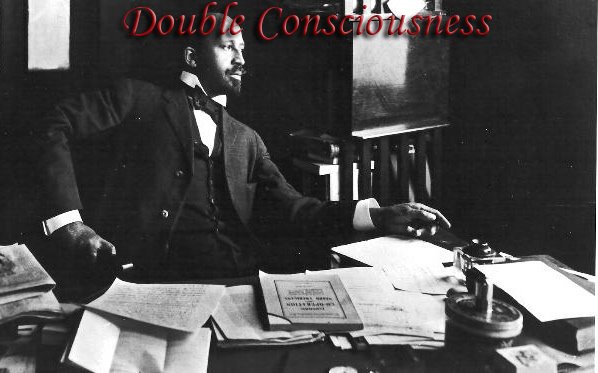 I was browsing through my local book store (mostly used books) looking for a good find when I stumbled across a book in the sociology section titled Uprooting Racism: How White People Can Work for Racial Justice by this guy I've never heard of, Paul Kivel.
I was browsing through my local book store (mostly used books) looking for a good find when I stumbled across a book in the sociology section titled Uprooting Racism: How White People Can Work for Racial Justice by this guy I've never heard of, Paul Kivel.As I flipped through the pages I realized I found a book to buy and to add to the Double Consciousness book section. While I haven't read the entire book, skimming here and there makes me think it's a pretty spot on book. The book is supposed to be an introductory book for white people who are interested in racial justice and want to do something about racism but don't exactly have a grasp on what to do and what white privilege and white supremacy are. So for anyone out there who is interested in doing anti-racism work I'd suggest picking up this book (from what I have read so far).
Some of the subjects the book covers are "What is whiteness?", "White benefits, middle class privilege," "What does an ally do?", and "Democratic, anti-racist multiculturalism."
I thought I would highlight some of Kivel's writings on whiteness:
"Do you defend yourself with statements such as, "I have friends who are people of color," or "My family didn't own slaves"? Do you try to separate yourself from other white people? ("I don't feel white." "I'm not like other white people.") Do you try to minimize the importance of whiteness? ("We're all part of the human race.")
...in our society being white is also just as real, and governs our day-to-day lives just as much as being a person of color. To acknowledge this reality is not to create it nor to perpetuate it. In fact, it is the first step to uprooting racism. (p. 13)
...
Racism is based on the concept of whiteness-a powerful fiction enforced by power and violence. Whiteness is a constantly shifting boundary seperating those who are entitled to haver certain privileges from those whose exploitation and vulnerability to violence is justified by their not being white.
...
The important distinction in the United States has always been binary-between those who counted as white and those who did not. (p. 17)
Essentially this is what our blog tries to show and explain and I think this book does a good job at pointing out the intracies and complexities of whiteness. From how it has changed over the centuries, to the privileges it holds, to how to act as an ally toward people of color, and to looking beyond just a Black and white racial relationship.
Image From
PaulKivel.com



0 comments:
Post a Comment